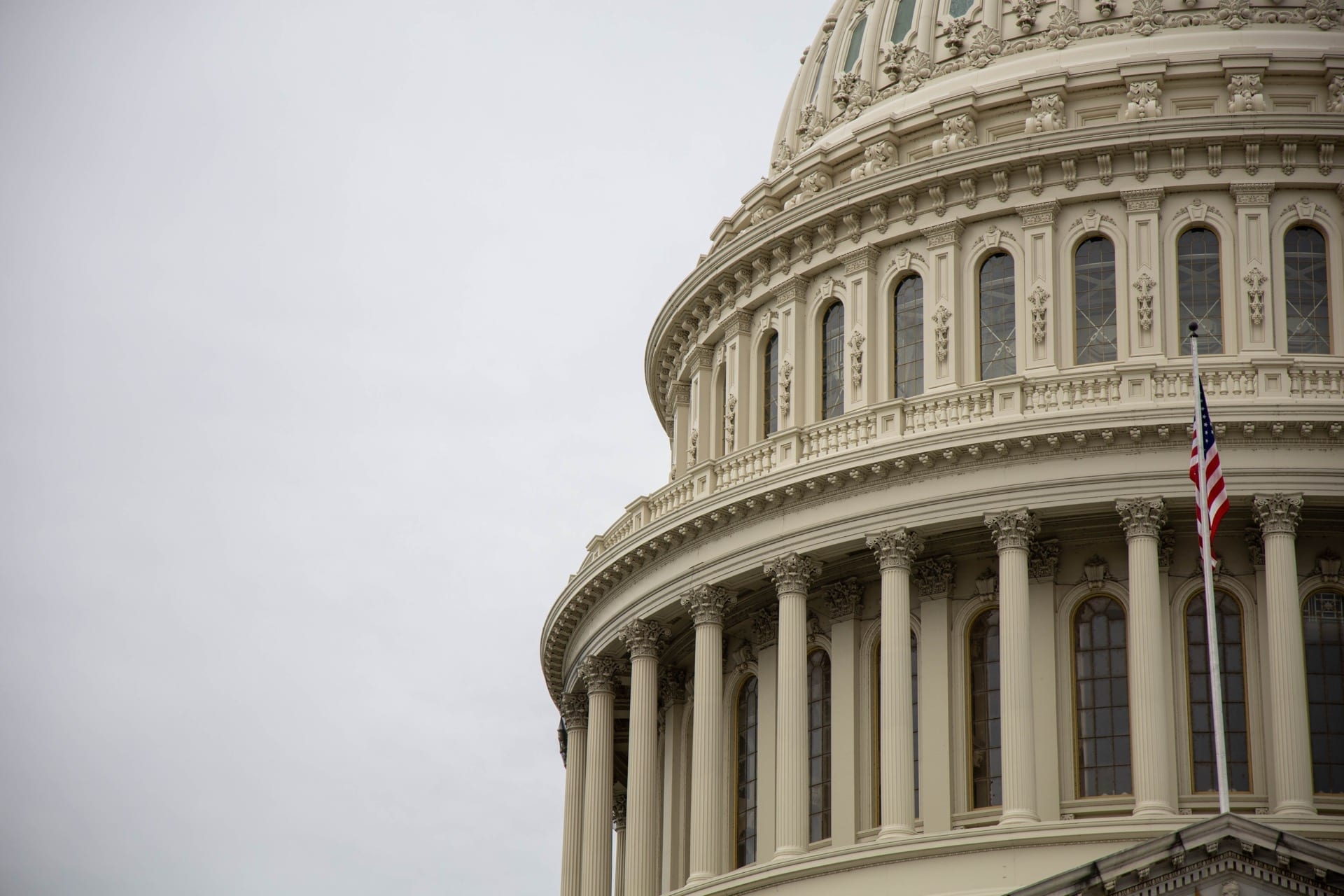As the 100-day mark of the new Democratic Congress has passed and a series of events from Iraq to Imus and Gonzales to Virginia Tech have dominated the headlines, the basic framework of the national political environment remains unchanged — broad pessimism for the country’s direction, record disapproval of Bush and the Republicans, and strong political and electoral advantages for Democrats in Congress. This month’s polls, however, do offer some important insight into attitudes toward the Democratic Congress. Voters remain optimistic about the new majority and prefer them over Bush on all issues – particularly Iraq – while at the same time reminding Democrats that they have not yet delivered the changes they promised and demanding more action on Iraq, immigration, government reform, and the economy.
For months now, we have chronicled the strikingly static political environment in the country as revealed in dozens of public polls released over the last four months. After the historic Democratic victory in November, ratings of Democrats surged while President Bush and Republicans continued to fall, moving Democrats to an even stronger position than they enjoyed in November. Since then – despite the new Congress, continuing violence and sectarian strife in Iraq, and major developments on a range of domestic and international issues – the key political indicators have barely moved:
The number of Americans who believe the country is moving in the right direction has been at or just below 30 percent since January, and earlier gains in consumer confidence have been erased by higher gas prices in the last few weeks. Across three polls released so far in April, we see a monthly average of 28 percent right direction, 67 percent wrong track – the highest wrong track number since May 2006.
- President Bush’s anemic job approval numbers have been remarkably consistent across all polls for the past four months. Neither approval nor disapproval of Bush’s performance has moved more than a point from where they stood in January.
- Continuing low marks for the Congress – 34 percent approval in two different polls this month – are mixed with optimism for the new Democratic Congress and strong preferences for congressional Democrats over President Bush on a range of issues, particularly Iraq.
- Building on their 8-point victory in last November’s election, Democrats have maintained double digit margins in the generic congressional contest in almost every poll measuring the race this year.
- Over the last month, four issues have dominated national headlines and cast huge shadows over the country’s political environment. The Don Imus scandal was the subject of copious polling and endless talking class posturing, but polls showed little immediate impact on the static political environment. We have not yet seen significant research on public attitudes surrounding the killing of 32 students and faculty at Virginia Tech, but similarly we do not expect a major change in the broad dynamics detailed above as a result of this tragedy. But on the other two issues – the war in Iraq and the firing of 8 U.S. Attorneys – even strong disapproval of the Bush administration’s performance has not reshaped the fundamental dynamics of the political environment. Given the sharp partisan divide in the numbers, with Independents siding overwhelmingly with Democrats on virtually every political measure, the lack of change in these key measures raises the questions of whether we can now say that Bush and Republicans have reached their floor and what would have to happen to break their current level of base support.
Bush Ratings Remain Weak Across the Board
Ratings of President Bush’s job performance remain at historically low levels with no sign in the range of surveys available of any imminent change in his fortunes. Approval of Bush’s performance stands at 35 percent in this month’s polls, with disapproval matching its highest level at 61 percent.
At the time of Bush’s re-election in 2004, approval of his performance on Iraq bolstered his weak ratings on the economy, health care, and other domestic priorities. Today, while majorities of Americans continue to disapprove of Bush’s performance on every issue, it is Iraq that leads the way and makes it so difficult for Bush to gain any traction or to shift the debate onto friendly terrain. Approximately 2-in-3 Americans now disapprove of Bush’s handling of the war in Iraq, with a clear majority expressing strong disapproval. Bush’s escalation policy in Iraq receives virtually identical marks as his overall performance on the issue.
Majority opposition for Bush’s original determination to go to war in Iraq is now consistent in surveys. As we shift the focus onto where to go from here, we find wildly different data on questions of timelines and funding depending on question wording and the range of options offered. However, the core dynamics of public opinion on Iraq remain constant – Americans reject the argument that Iraq is making us safer or vital to our prosecution of the larger war on terror; they believe that the situation on the ground is worsening and that a true ‘victory’ (however that may be defined) is not realistic at this stage; and they want the troops home as quickly as possible, with the real disagreement not on ‘if’ but ‘when’ and ‘how quickly.’
Gonzalez, Justice Controversy Reinforcing Doubts
Public polls show that the American public is not following the controversy over the firing of eight U.S. Attorneys as closely as some major issues, but the information they are taking away from the debate on this issue clearly reinforces doubts they already have about the Bush administration. First and foremost, broad majorities reject the White House’s assertion that the U.S. Attorneys in question were fired for performance-related rather than purely political reasons – 19 to 67 percent in the ABC News/Washington Post survey. And so it is not surprising that 63 percent in the CBS News poll say Alberto Gonzalez is lying when explaining the firings, with only 26 percent believing the Attorney General has been truthful. Pluralities in every poll believe Gonzalez should resign, although there was still enough uncertainty among many Americans in these polls – all conducted prior to his congressional testimony – for them to stop short of calling for this dramatic step.
Questions about Gonzalez naturally lead to broader questions about the Bush administration. Nearly 3-in-4 (74 percent) in the Los Angeles Times/Bloomberg release say White House staff members “should testify under oath” on this issue, while the USA Today/Gallup poll shows 67 percent support for congressional subpoenas to force the Justice Department to hand over documents related to the investigation of these dismissals.
Mixed Marks for Democrats in Congress
The latest surveys provide some of the most detailed data yet on public attitudes toward the new Democratic Congress, and the results are mostly encouraging for the new majority. On the electoral side, Democrats maintain the huge margins they have enjoyed in the generic congressional contest throughout this year (up approximately 4 points from their 8-point margin in November), with voters showing no signs of buyers’ remorse at this stage. The ABC/Washington Post poll shows a dramatic gap in approval ratings for the two parties in Congress, suggesting that there is some sense of Democrats meeting their promise of a new direction, even as disapproval for Congress as a whole remains intense.
And Democrats in Congress remain strongly preferred to President Bush on Iraq (58 to 33 percent) and are seen as “taking a stronger leadership role in the government in Washington these days” by a nearly identical margin (58 to 34 percent).
However, the same survey reveals how far Democrats have to go to solidify the gains they made in November and to redeem the trust voters put in them. While certainly scoring higher than Bush on similar measures, they receive a net negative rating on all but one of the key issues from the last campaign tested by ABC News and the Post.
Most importantly, Democrats were elected to enact real change in Washington. Voters still express optimism in Democrats’ ability and commitment to deliver on this promise, but barely 1-in-4 currently believe the Congress has to this point accomplished ‘a great deal’ (3 percent) or ‘a good amount,’ compared to 73 percent who feel they have accomplished ‘not too much’ (56 percent) or ‘nothing at all’ (17 percent). Voters see a good start for Democrats, but still much work to be done.


